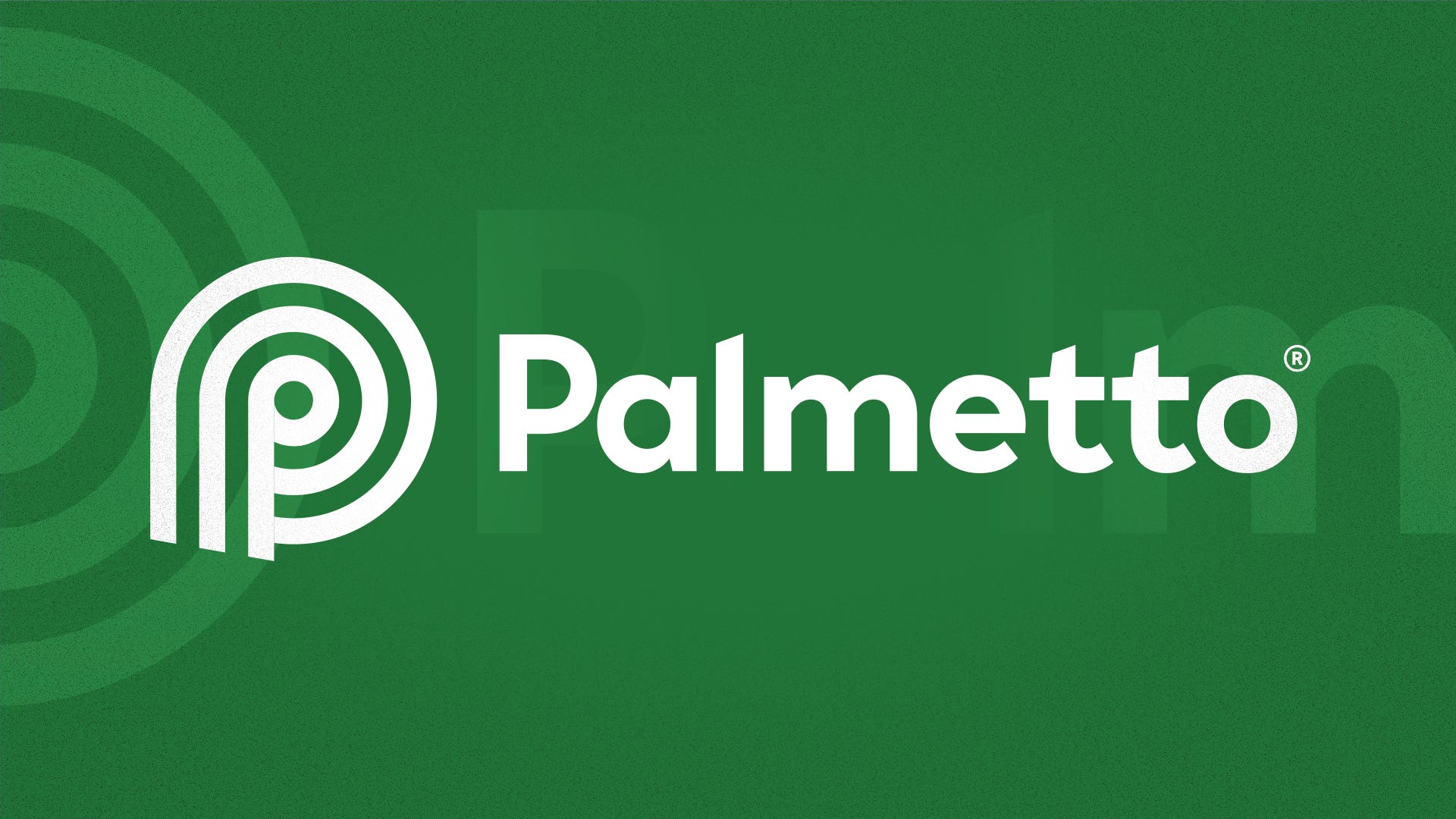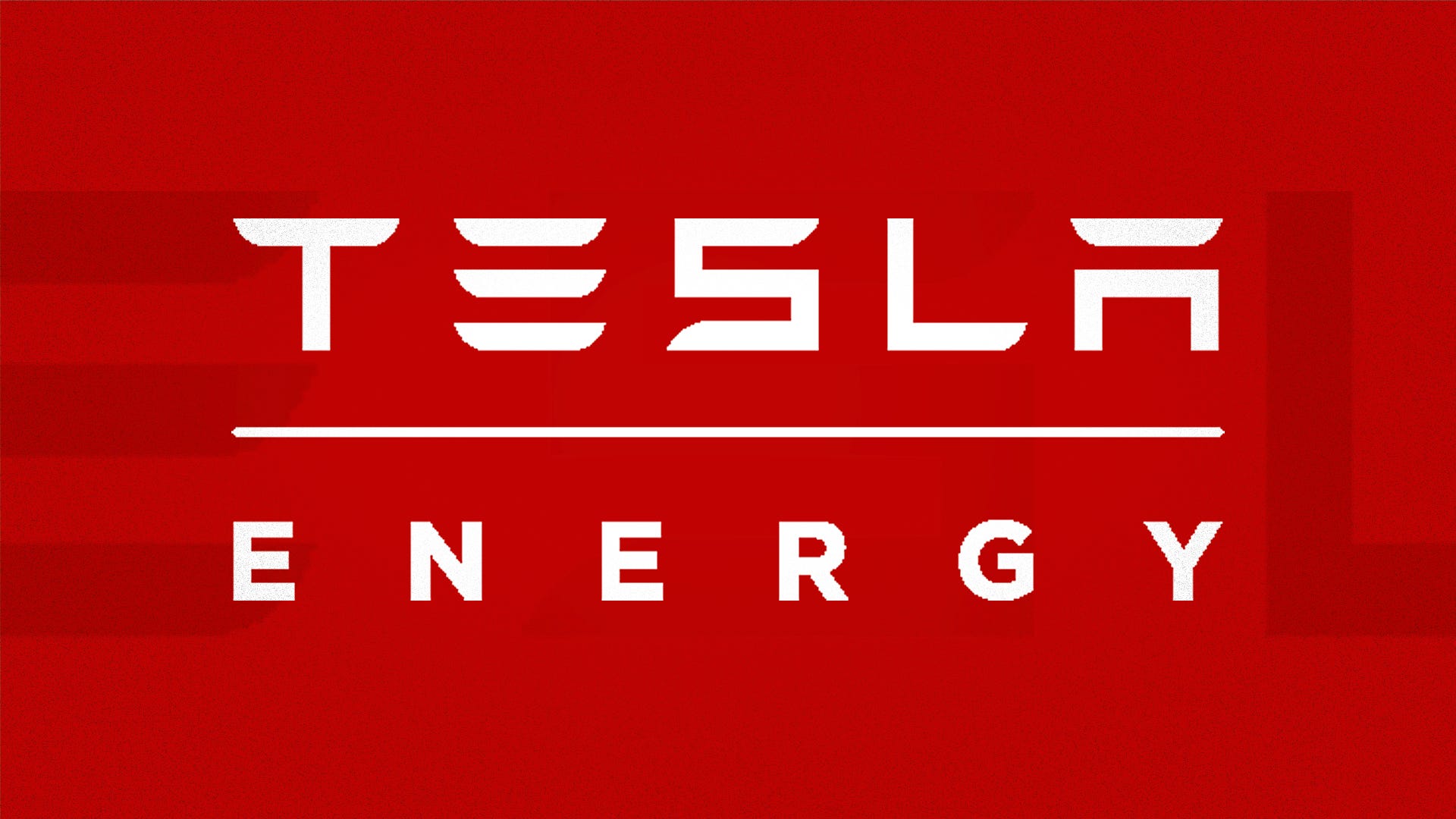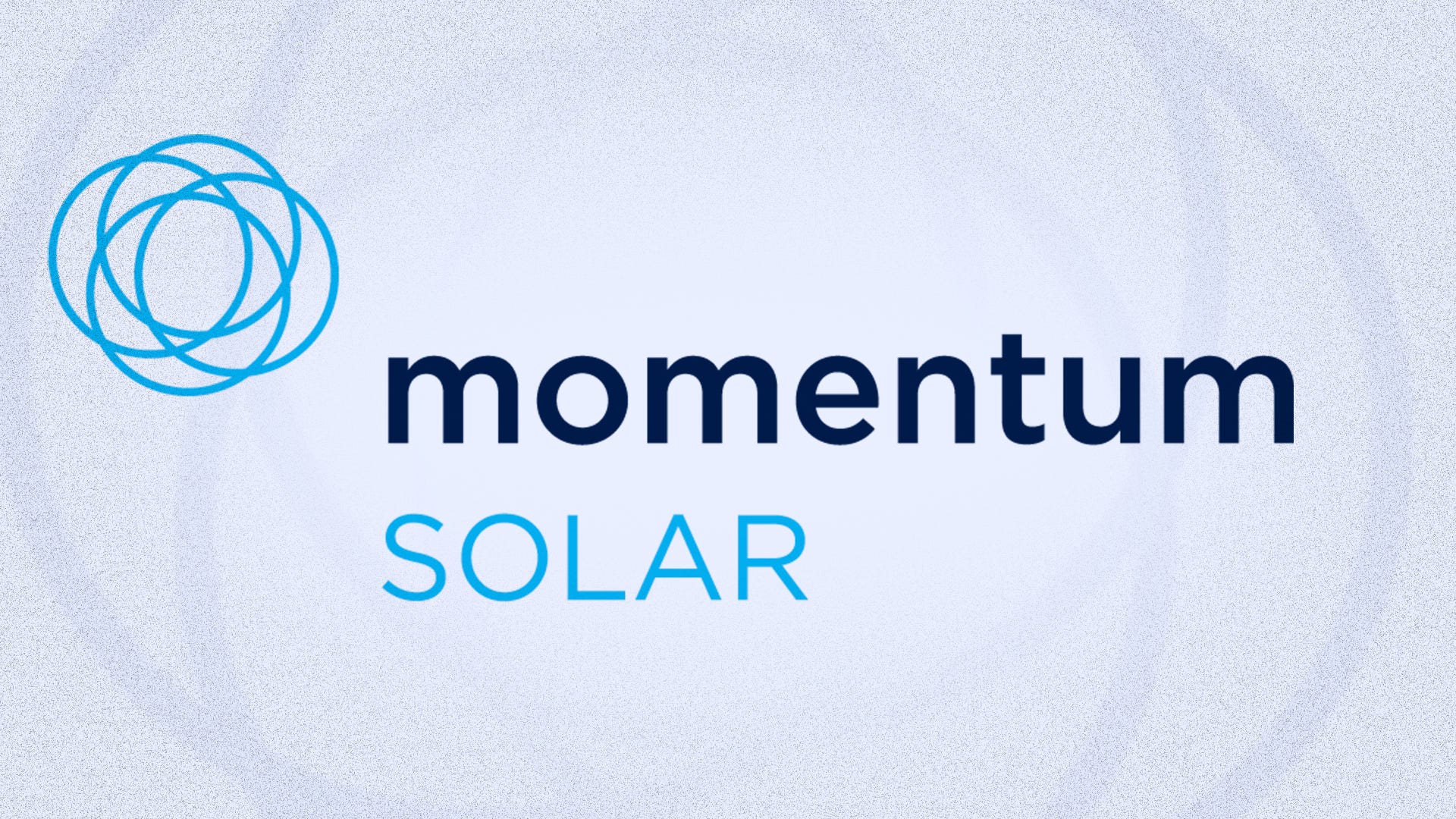If you live on Long Island, New York, now may be a good time to go solar.
Solar energy usage has soared throughout the whole state of New York, with Gov. Kathy Hochul recently announcing that more than 2 gigawatts of solar energy have been added to the community grid, enough to power almost 400,000 homes. This is one component in a wider Empire State goal of having carbon-free energy by 2040.
Overall, New York state ranks eighth nationwide in terms of solar energy usage, with just over 870,000 homes powered by solar energy and nearly 5% of the state’s electricity powered by solar energy, according to the Solar Energy Industries Association. The Empire State offers a state tax credit, net metering policy and sales tax exemption on solar panels.
Specifically on Long Island, customers are taking advantage of around 200 sunny days a year and looking to get away from high electricity bills — if you’re one of the Long Island residents trying to make the solar switch, here are the best solar installation companies operating in the area.
Best national solar panel companies on Long Island

Palmetto Solar
Best customer service
Solar panels are typically low maintenance equipment, but they’re also unfamiliar. If you want to reap the benefits of solar but will have a bit more peace of mind if someone else is making sure it’s working, Palmetto might be a good fit for you. Just remember to add the cost of Palmetto’s monitoring service in to your payback period calculations.

EnergyPal
Most flexible
EnergyPal is more than just a middleman. It’ll handle your solar installation from beginning to end while also allowing you to benefit from its proprietary engine and competitive bidding process. The company offers a range of hardware for panels, batteries and inverters, has plentiful financing options and offers responsive customer service support.

Freedom Forever
Best for cash customers
Include Freedom Forever in your search if you want the backing of a national company that installs a wide variety of the most popular solar equipment available. Freedom Forever also extends a couple of products that take some of the pain and risk out of going solar, like a production guarantee and an escrow option with cash purchases. Online reviews say customer satisfaction has been low of late, though the company says that’s changing.

Tesla Solar
Most affordable
Tesla’s solar branch seems to be the least loved of Elon Musk’s ventures. Even Tesla’s Solar Roof seems to get more love.
If price is the thing you won’t budge on, consider Tesla. By all accounts, Tesla installs quality panels and makes the closest thing there is to a household name in solar storage: the Powerwall.
Where you might miss out is customer service. Discussion online seems to suggest Tesla’s service is a bit of a gamble.

Momentum Solar
All in-house installers
Momentum installs in 11 states without using subcontractors. While using in-house installers doesn’t guarantee a better experience, it does suggest you’re likely to get a more uniform experience from Momentum. The fact that Momentum backs its installations with a 25-year workmanship warranty hints at a strong belief in its crews’ ability. If Momentum is part of your search, consider the warranties against leaks that other companies offer. Momentum’s is five years, which isn’t the best.
Local solar panel companies on Long Island
Long Island Power Solutions says it offers potential customers a free solar panel consultation to determine if solar energy is appropriate for a home. The company says if you choose to go forward with installation, its representatives will do a survey of the home and determine the best financing options available.
The company website says it offers 24-hour customer support and a 25-year warranty with every solar panel installation.
Venture Solar promises customized service leading to a possible conversion to solar in less than two months, a review of financial solar incentives, energy monitoring and a 25-year warranty.
Cost of solar panels in Long Island
“The first advantage and benefit of going solar is that in most cases you save money,” said Shyam Mehta, the assistant director of distributed energy resources at the New York State Energy Research and Development Authority. “That is probably more true on Long Island than any other portion of the state given how sunny it is, and given how high the price of electricity is, probably only second to the New York City region.”
The primary benefit of “going solar” for a homeowner is economic, i.e. reducing their electric bill, Mehta explained. He said this is achieved by two means: one, any solar energy that is generated by the system and consumed by the homeowner goes toward reducing the electricity demand. In addition, any excess electricity generated by the system that isn’t consumed by the homeowner goes to the grid and is credited to the homeowner on their bill, via net metering, and thus further offsetting their bill to the point of potentially zeroing the bill out.
New York ranks in the top 10 states with the highest electricity rates. The average electricity rate in New York state was 23 cents per kWh in September 2023, leading to an average monthly bill of $145.40. With electricity bills being what they are, Mehta said there are increasing amounts of solar panels being installed every year.
“The technology is getting cheaper and getting proven out,” he said. “People are getting more comfortable with it and they see their neighbors have solar and that gives them comfort to go solar.”
Mehta noted it takes about seven to 10 years to pay off the installation costs, depending on what part of the state you live in, the extent of your individual solar system and overall energy consumption.
Here’s a snapshot of the average costs of a solar panel purchase in New York compared to the rest of the country. The table also shows you how much you might be able to save with the 30% federal tax credit. Keep in mind that your total cost could be higher if you add additional equipment, such as a solar battery.
Average cost of solar panels in New York
| Typical system size (kW) | Price per watt | Total installed cost | Cost after 30% federal tax credit | |
| New York | 5 | $3.65 | $18,250 | $12,775 |
| National average | 8.6 | $3.67 | $31,558 | $22,091 |
This infographic displays the average total cash price, cost per watt and typical system size for a solar panel system in your state, according to data from FindEnergy.com. These prices don’t account for rebates or potential earnings from tax credits and state incentives. Certain states don’t have any FindEnergy solar data and are grayed out on the map.
Long Island solar panel incentives and rebates
Between Long Island’s relatively large number of sunny days and New York state’s solar-friendly policies, shifting to solar energy is certainly worth considering. CNET named New York state one of the best U.S. states for solar incentives.
Here are the local incentives offered to Long Island residents:
|
Program |
Description |
|
Federal tax credit |
Up to a 30% tax credit that can be applied to federal taxes. The Inflation Reduction Act extended the 30% tax credit for residential systems installed between Dec. 31, 2021, and Jan. 1, 2033. |
|
State tax credit |
New York residents who install a solar system may be eligible for a state tax credit of 25% for some systems of up to $5,000. |
|
State sales tax exemptions |
New York State exempts sales taxes for the sale and installation of many solar-related services. The exemption does not include pool heating or other recreational uses. |
|
Storage incentives |
The Long Island Power Authority offers battery storage incentives for both new and existing homeowners. The incentive is available for the energy storage component of a system. |
|
Net metering program |
With net metering in Long Island, you can send your extra solar generation back to the grid in exchange for credits on your electric bill. According to DSIRE, as of February 2023, PSEG/LIPA, the main utility on Long Island, provides the retail rate for each kilowatt-hour of electricity you send to the grid. |
|
Community solar program |
Great for Long Island renters who can’t commit to a solar panel purchase, community solar programs allow you access to clean energy by subscribing to a solar project. You then save on energy costs with electric bill discounts. You can learn more about how to subscribe to PSEG Long Island community solar options here. |
How solar-friendly is your state?
CNET recently ranked states based on their residential solar policies: the laws and regulations affecting consumer-level solar panel installation and adoption. These policies play a major role in determining how accessible and affordable a solar panel system is to the average resident.
Each state was evaluated through a methodology and scored based on eight categories. The final score was converted to a letter grade.
Here’s how your state scored on CNET’s solar policy test.
New York
Grade: C
Incentives available:
- Tax credit of up to 25% of the solar panel system cost, capped at $5,000
- State-governed net metering at a fraction of the retail rate
- Local exemptions on property taxes for solar panel systems
- Solar panel systems fully exempt from sales tax
- Statewide low-income rooftop solar and community solar programs
Strongest scoring categories:
New York has a solid tax credit that could save you thousands of dollars on a purchase that typically costs tens of thousands of dollars.
Categories to improve:
Solar payback periods are slightly longer in New York thanks to the current fractional retail rate net metering policy. Legislators could also craft a law to make solar panels exempt from property taxes statewide.
How to determine which Long Island solar company is best for me
Mehta said residents who choose to go solar need to check the references of installation companies. He added you need to talk with people who previously worked with that installer, do some internet research, read reviews and get a request for proposals from at least three separate installers.
“You need to take time and carefully review the proposal including the financing options because the proposal you get may include a loan component or a lease component,” Mehta noted.
Installation factors to keep in mind
Mehta emphasizes you must do extensive research on whether solar panel installation is appropriate for your home.
“It’s completely possible in your particular instance going solar may not make sense,” he said. He cites that houses that have large amounts of shade or the roof faces south, thus it may not generate solar energy. “You definitely want to take your time before you make that decision.”
Some other issues to consider for potential customers may include:
- Roof condition and pitch: The angle and pitch of the house’s roof will generate enough solar energy for the panel installation to be a worthwhile investment. “Typically, solar panels perform best on south-facing roofs with a slope between 15 and 40 degrees, though other roofs may be suitable too,” according to the US Department of Energy. Homeowners should consult with a reputable solar panel installer to determine the feasibility of installation, leading with conversations regarding the size, condition and age of the existing roof.
- Renting vs. owning your home: If you’re renting a house and foresee purchasing a home in the not-too-distant future, the costs of installing solar panels may not be worth the investment. A viable alternative may be a community solar program.
- Insurance coverage: Solar panels are susceptible to the weather and other outside forces. You should check your homeowner’s insurance policy if there would be coverage for the panels upon completion of installation.
- Homeowners association regulations: New York is one of 21 states that does not have laws prohibiting HOAs from forbidding solar panel installation. You should check your HOA’s regulations to see if solar panels are allowed.
How to pay for solar panels in Long Island
Cash: Installing solar panels can be very expensive and many people may not have that much cash available. However, if you can afford one large payment, that eliminates additional interest or fees.
Solar loan: NYSERDA extends three types of loan options including an on-bill recovery loan, a smart energy loan and a renewable energy tax credit bridge loan. “It really depends on your personal situation,” Mehta said. “You want to be aware of all the options.”
HELOC or home equity loan: Another type of loan possibility is a home equity loan, or HELOC, that allows you to use the equity in your home as collateral. HELOCs can be used for upgrading a house, but you risk losing your home if you cannot repay the loan.
Lease or power purchase agreement: This is an arrangement between the solar panel installation company and the homeowner where the solar company maintains ownership of the system. With a solar lease, you rent the panels from a solar company and receive a discounted bill in return. With power purchase agreements, you can earn a discounted rate per kilowatt hour. In both instances, since you do not own panels, you cannot access any tax incentives.
Personal loan: A personal loan through a reputable financial institution may be a solid option by getting the money upfront to finance the solar panel installation and then paying back over time along similar lines to a car loan. Most personal loans are unsecured — meaning it does not require collateral, such as your home. This can eliminate the risk of losing your house if there are unforeseen financial problems. Personal loans without collateral often have higher interest rates.
How we found the best solar companies
The companies we listed above as “the best” are curated from CNET’s best solar companies list. Companies making the best list are scored on the equipment, warranties and customer service they offer. Then, we make sure these recommendations are available in your state. You can read a full breakdown of how we review solar companies here.
Companies listed under the local installers were chosen in a less rigorous way. We chose them because they offered something unique or notable to customers in the state, they seemed well-regarded by internet reviewers or because they were one of the few installers we could find information on in the state.
Whether we’ve completed a full review on a company or not, it’s always a good idea to get multiple quotes from different installers before choosing a company.
Solar power FAQs
What are the advantages of solar panels?
Long Island residents face some of the highest electricity rates throughout the state. Solar panels can lead to some cost savings over time.
How long does it take to pay off solar panels?
Seven to 10 years on Long Island, depending on any number of factors, including the extent of the installed system, the specific area on Long Island where you live and the overall energy consumption.
Are solar panels worth it in Long Island?
If you live in an area where there’s enough solar energy available for a house, it can be a worthwhile investment.
Does Long Island offer a solar tax credit?
